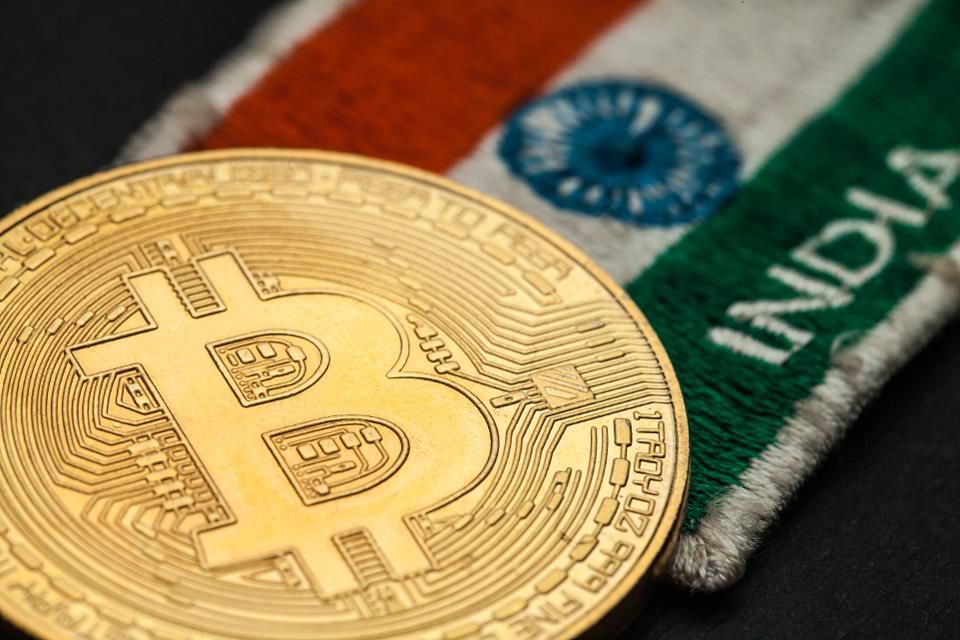India has not been a crypto-friendly country lately. However, the Indian government is yet to take a final decision of putting a blanket ban on virtual currencies as a committee created by the government has recently proposed banning of the public cryptocurrencies. Not only that, the committee’s draft bill also recommends fines and up to 10 years of jail for holders of cryptocurrencies.
Cryptocurrency enthusiasts in India faced the first major jolt in April of 2018. Reserve Bank of India (RBI), the country’s central bank, barred banks and other regulated financial entities from providing services to users, traders, and holders of cryptocurrencies. The RBI announcement came two months after Arun Jaitley, the then finance minister, said in the Indian parliament that the government did not recognize cryptocurrency as legal tender.
Jaitley also said that the government would take “all measures” to “eliminate the use of these crypto-assets in financing illegitimate activities or as part of the payments systems.”
Soon after RBI’s announcement, banks asked exchanges and traders not to let cryptocurrency users use their accounts. This move led to several industry stakeholders challenging the central bank’s decision to clampdown on virtual currencies in the Supreme Court.
Varun Sethi, a blockchain lawyer, said to the media in June 2018 that as per RBI’s response to his RTI, or the right to information, application, no research or consultation was done before implementing the restrictions. The writ petition filed in the Supreme Court against the RBI state that the regulatory body failed to consult the stakeholders before banning a business completely. It also challenges the constitutional validity of the RBI’s circular, which, according to the petitioners, violates the right to do business.
The apex court has yet to give a verdict. Recently, it has been rescheduled a hearing, which was originally scheduled to be held on July 23. Earlier too it had rescheduled hearing dates. In February 2019, it gave the Indian government four-week deadline to come up with a regulatory framework for virtual currencies. It was supposed to hear the case on March 29 but moved the hearing to a new date in July. RBI’s legal counsel had reportedly suggested that the case be heard on a Regular Day, — and not on Miscellaneous Day when very little time is allotted for arguments — so that extensive discussion can happen.
The government, too, could not produce a framework as the generation election dates were announced in the first week of March. The Supreme Court is now set to hear the crypto case on July 29. It may take into consideration the inter-ministerial committee’s recommendations, which call for a sweeping ban on cryptocurrencies as well as criminalizes their trading.
The committee also suggests that the government introduce a digital currency, the “Digital Rupee.” Moreover, it favours the adoption of the distributed ledger technology, the technology underpinning cryptocurrencies.
However, for now, it seems that it’s the end of the road for cryptocurrencies in India. Recently, Koinex, one of India’s largest crypto exchanges, closed its digital asset trading services and other crypto-related operations due to the regulatory uncertainties that followed RBI’s ban.



